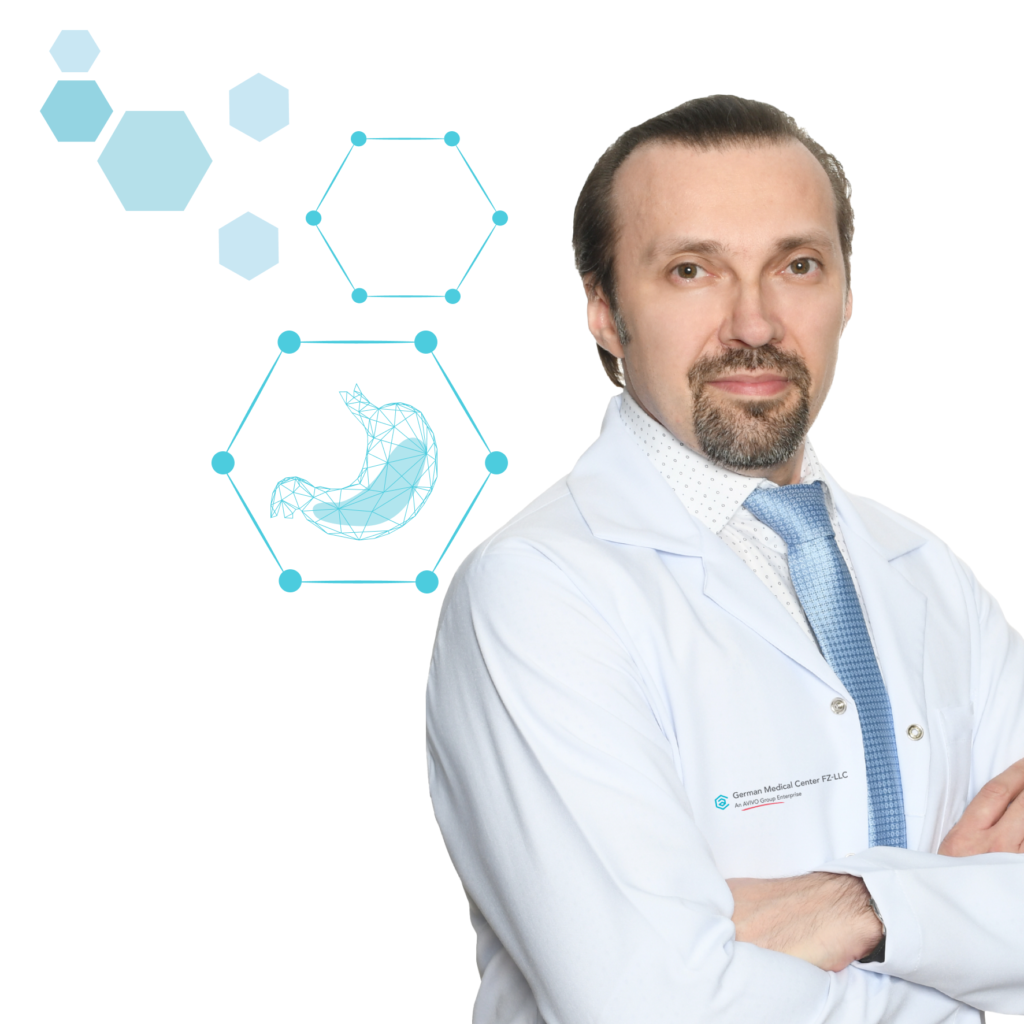
Dr. Sebastian Cuzincu
Gastroenterology and Internal Medicine
Colon polyps are usually detected during a routine colonoscopy. During the procedure, a long, flexible tube with a camera on the
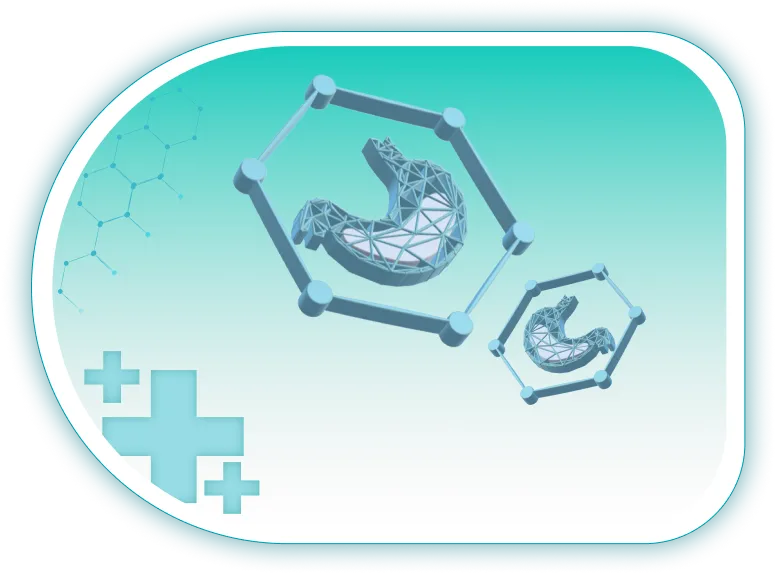
Colon polyps, also known as intestinal polyps, are abnormal growths that form in the lining of the colon or rectum. While most colon polyps are harmless, some can develop into colon cancer over time. Therefore, it is essential to get them diagnosed and treated as early as possible.
Colon polyps are usually detected during a routine colonoscopy. During the procedure, a long, flexible tube with a camera on the end is inserted into the rectum and guided through the colon. The camera allows the doctor to see the inside of the colon and detect any abnormal growths. If a polyp is found, a biopsy may be performed to determine if it is cancerous or benign.
If you have been diagnosed with colon polyps, it is essential to seek treatment promptly. Delaying treatment can lead to the development of colon cancer, which can be life-threatening.
At German Medical Center, our team of experienced gastroenterologists can provide you with the best colon polyps treatment options available. We use state-of-the-art technology and techniques to ensure that our patients receive the highest quality care possible.
If you have any concerns or questions about colon polyps or would like to schedule an appointment with one of our specialists, please don’t hesitate to contact us. We are committed to providing our patients with the best possible care and support throughout their treatment journey.
Contact German Medical Center today to schedule your appointment with one of our experienced gastroenterologists and receive the best colon polyps treatment available.
Our team of experts are passionate about providing only the best quality care and treatment to their patients.

Gastroenterology and Internal Medicine
A cutting-edge medical technique that plays a crucial role in diagnosing and treating disorders of the bile ducts, pancreas, and gallbladder....
Liver Elastography – an advanced medical imaging technique designed to assess the health of your liver with precision and non-invasiveness....
Abdominal pain can be a symptom of a wide range of medical conditions and can manifest in different ways depending on the...
Colorectal cancer (CRC) is a type of cancer that affects the colon or rectum. It can develop from small growths called polyps in...
Stomach cancer, also known as gastric cancer, can cause a range of symptoms. However, it's important to note that not everyone...
Liver cancer is a serious and potentially life-threatening condition that requires prompt diagnosis and treatment....
Pancreatic cancer often does not cause symptoms in its early stages....
Gastrointestinal Stromal Tumor of Stomach (GIST) is a rare type of cancer that affects the digestive system, particularly the...
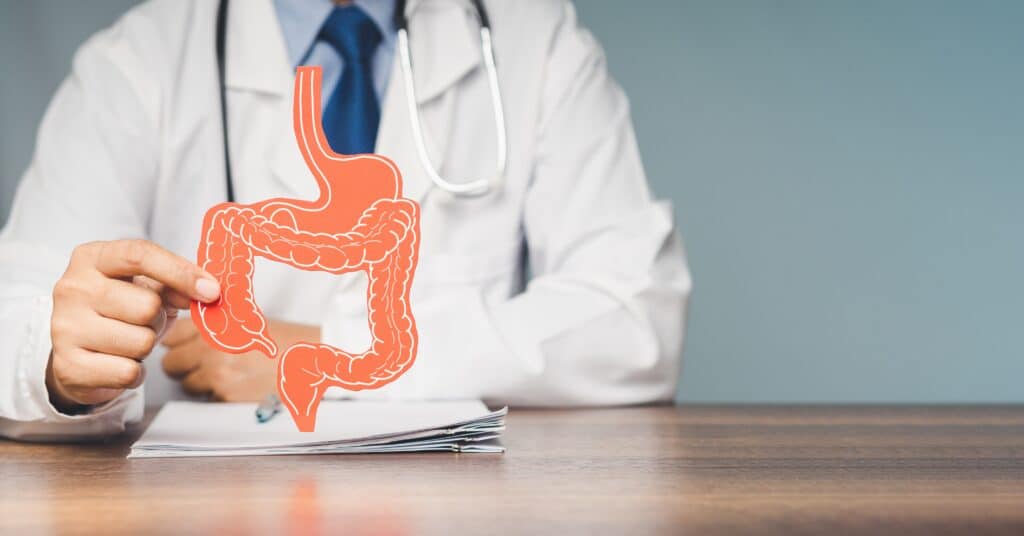

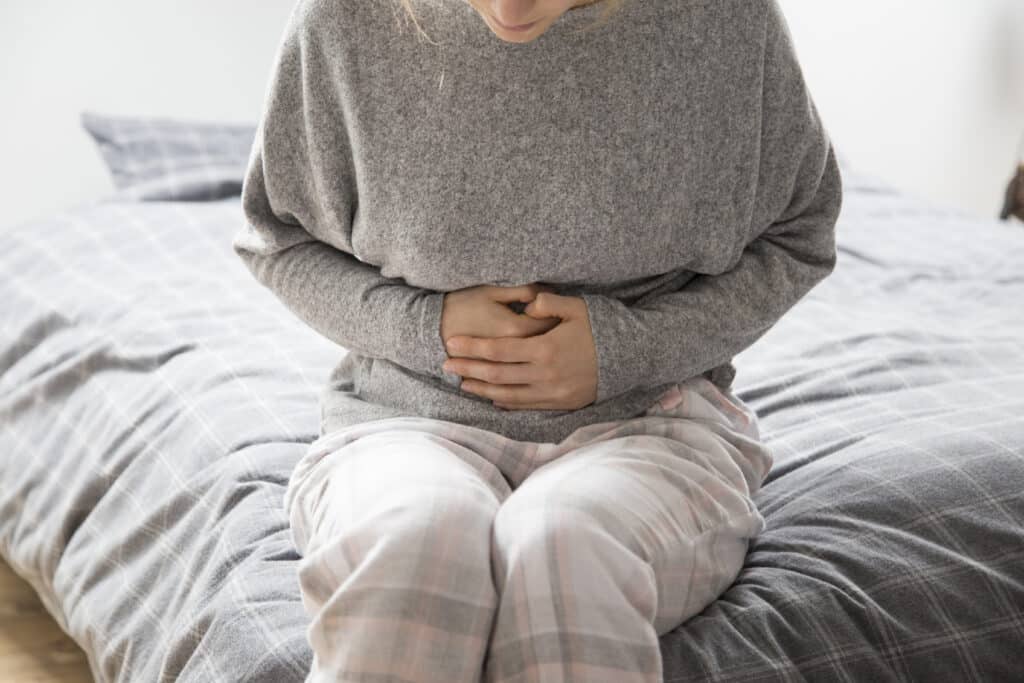
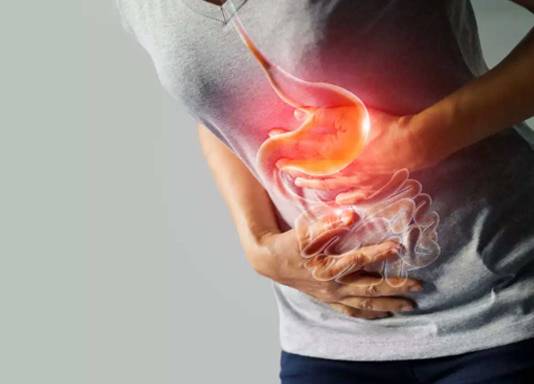


Our customers are at the heart of everything we do, and we are committed to providing them with one of the best possible care and service and that's why platforms like UpTopics publish us in top.

Based on 206 Google Reviews

Partner with:
Partner with:


German Medical Center is one of the leading medical institution in Dubai formed by a group of specialists who are passionate about providing the personalized care tailored to the patient's unique needs.
Fill out our easy online form to book an appointment with German Medical Center. Our team of experts is dedicated to providing you with personalized care and guidance every step of the way. Don't wait, take charge of your well-being and schedule your appointment now!